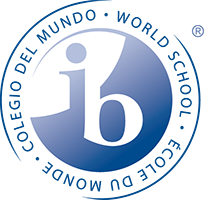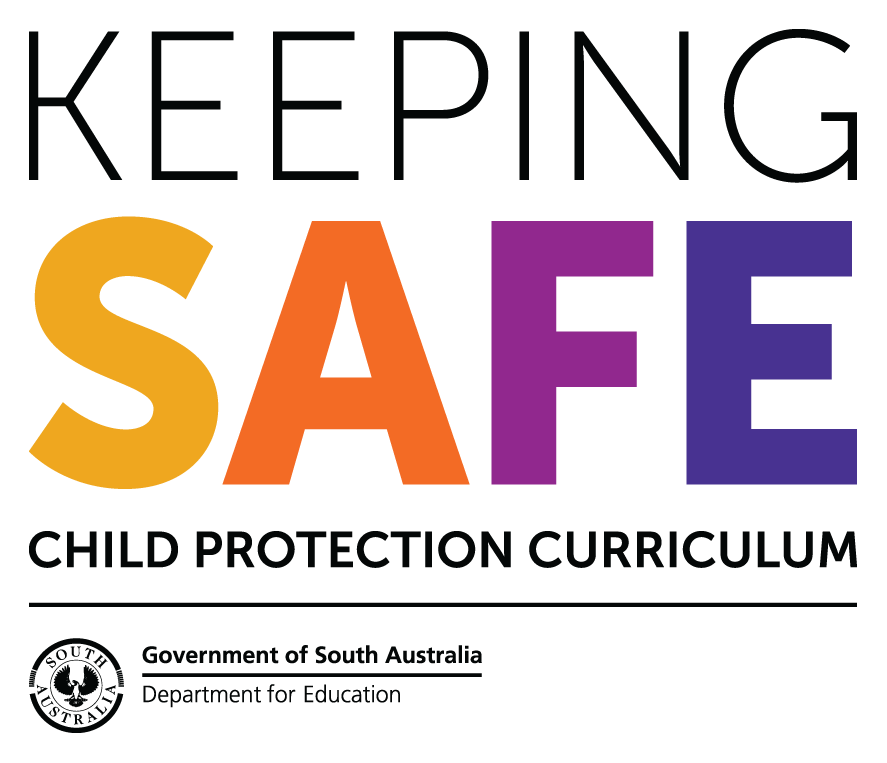When exploring mathematics, the children work within the IBPYP framework and philosophy about learning mathematics while drawing from curriculum and best practices from NZ Maths.
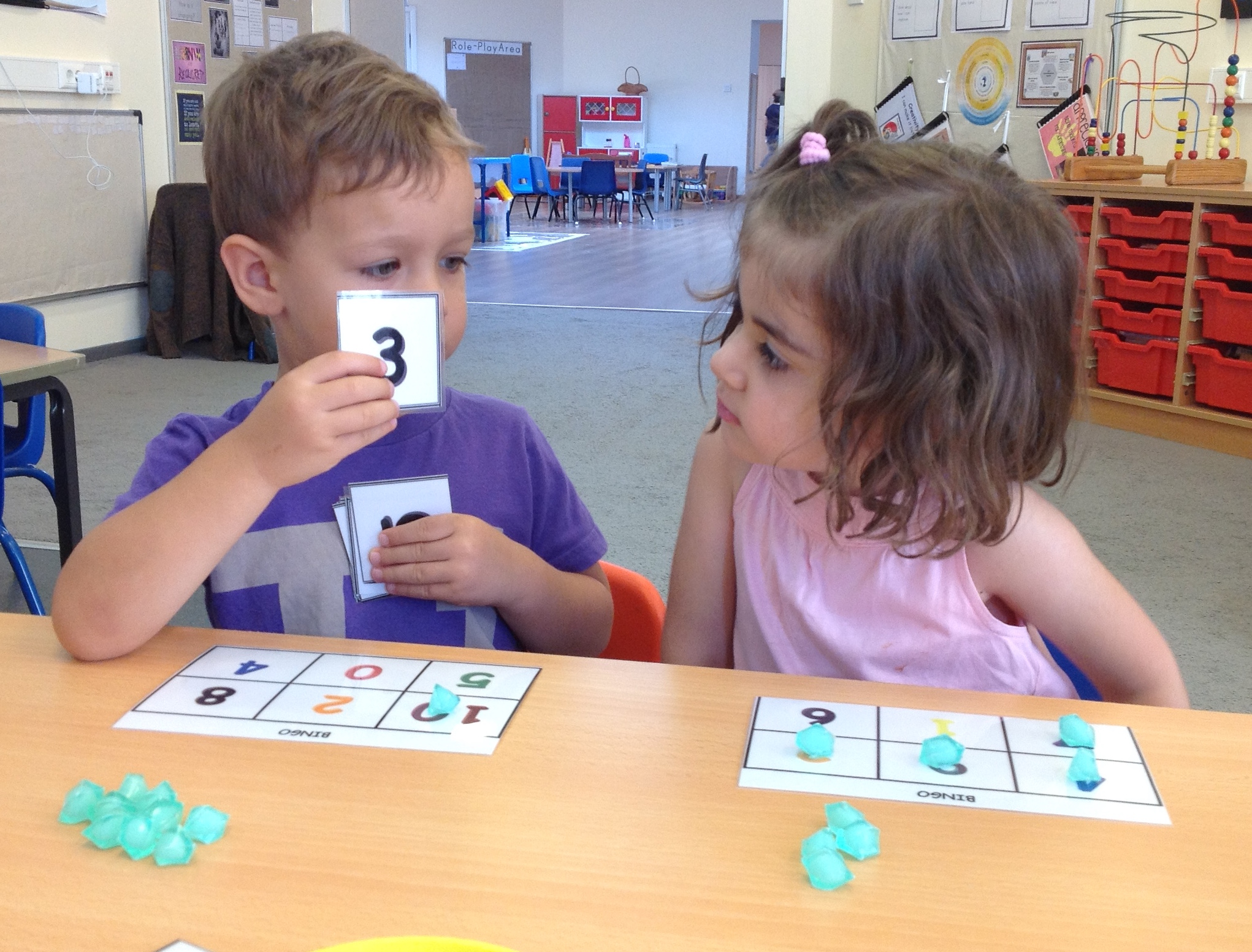
In the PYP, mathematics is viewed primarily as a vehicle to support inquiry, providing a global language through which we make sense of the world around us. It is intended that students become competent users of the language of mathematics, and can begin to use it as a way of thinking, as opposed to seeing it as a series of facts and equations to be memorized. The power of mathematics for describing and analysing the world around us is such that it has become a highly effective tool for solving problems. It is also recognized that students can appreciate the intrinsic fascination of mathematics and explore the world through its unique perceptions. In the same way that students describe themselves as “authors” or “artists”, a school’s programme should also provide students with the opportunity to see themselves as “mathematicians”, where they enjoy and are enthusiastic when exploring and learning about mathematics.
Play and exploration have a vital role in the learning and application of mathematical knowledge, particularly for younger students. In a PYP learning environment, mathematics skills and activities need to occur in authentic settings. As educators, we need to provide a variety of areas and resources to allow students to encounter situations that will introduce and develop these skills. In this environment, students will be actively involved in a range of activities that can be free or directed. In planning the learning environment and experiences, teachers need to consider that young students may need to revisit areas and skills many times before understanding can be reached. Applying mathematical skills to real-world tasks supports students’ learning.
(IBO, Making the PYP Happen: A curriculum framework for primary education, 2009)
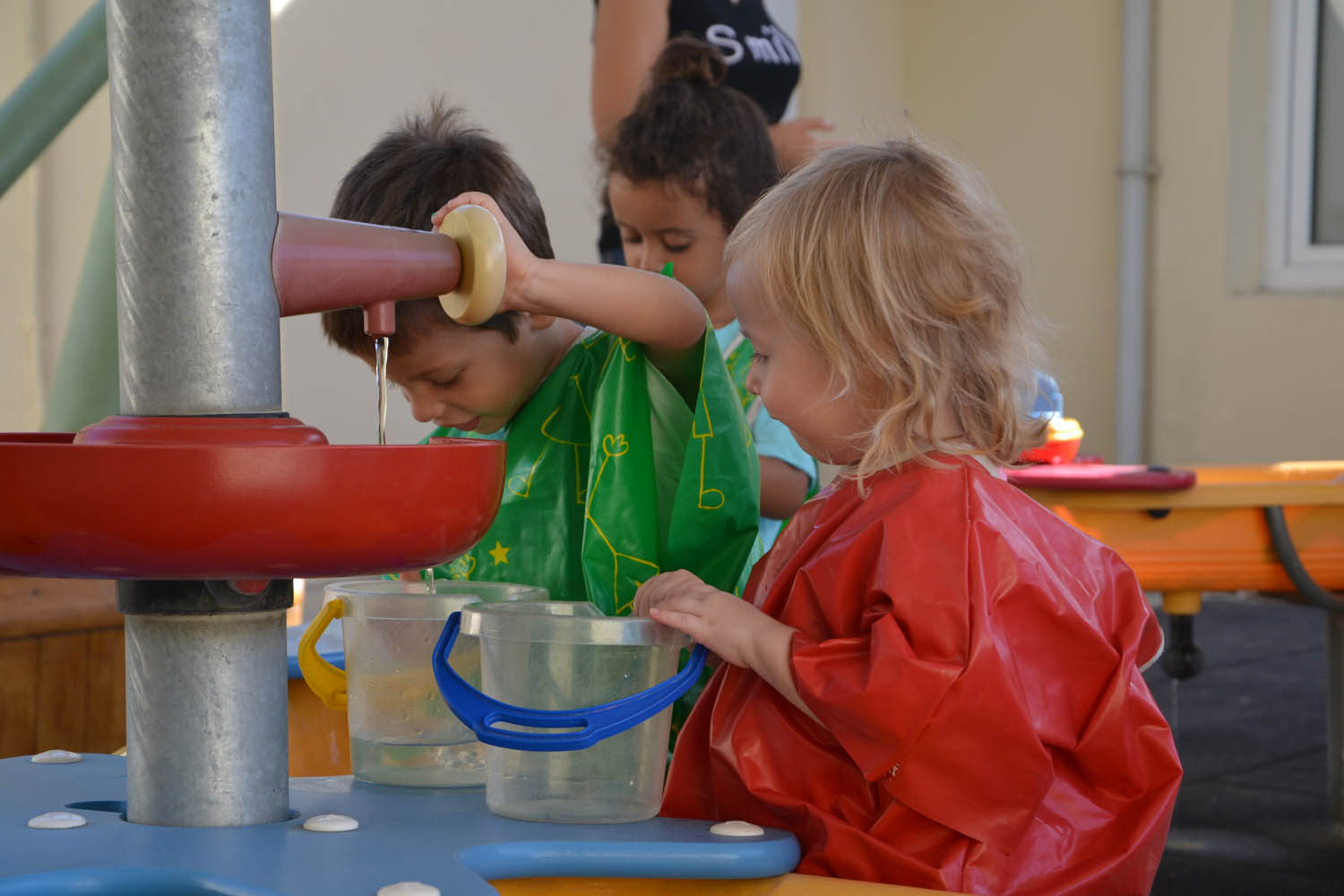
Whilst the role of inquiry is important, it is recognised that explicit and specific teaching of mathematical strategies, skills and concepts need to be obtained in order to progress in their mathematical understandings and make connections with the world around them.
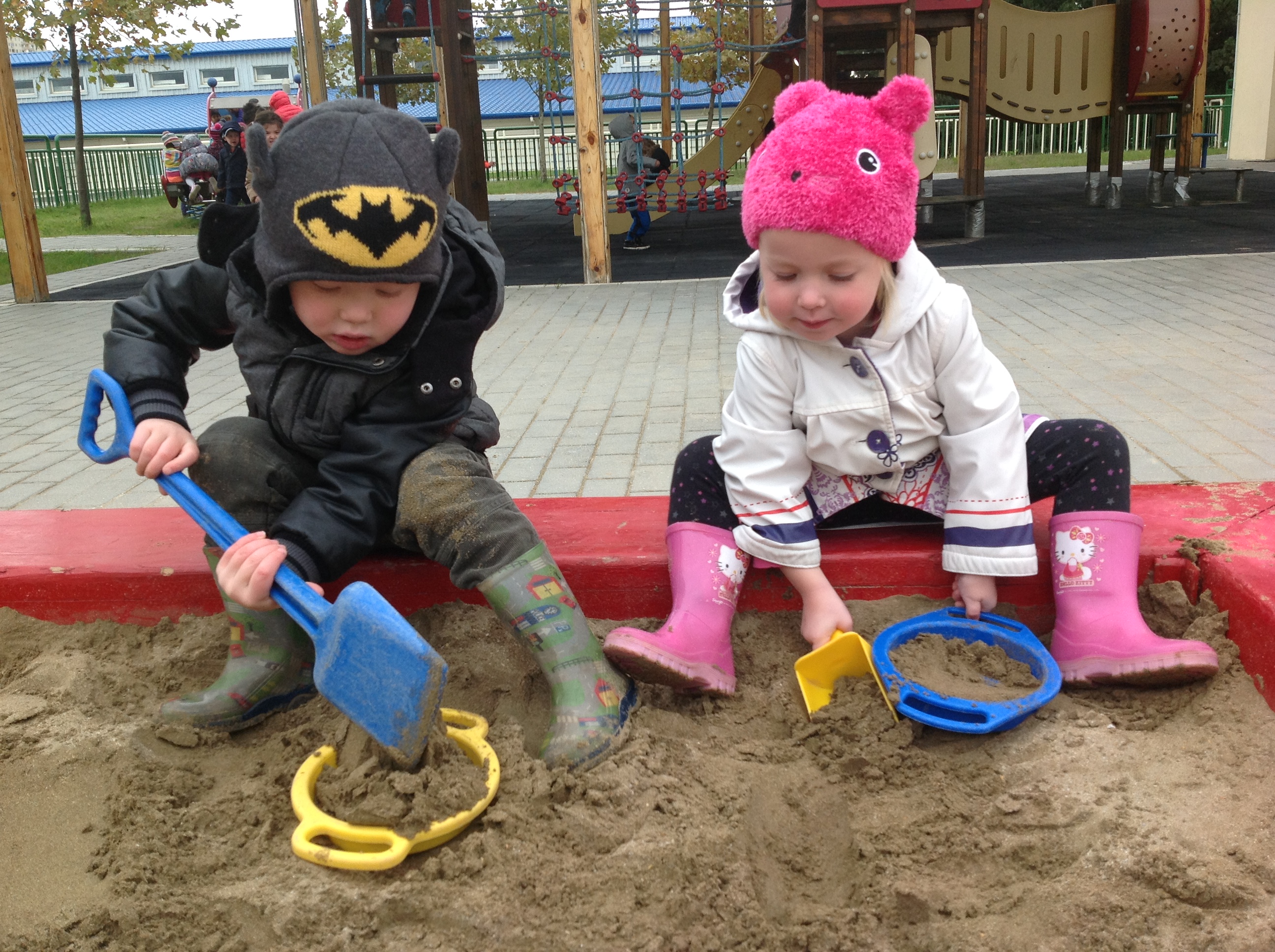
In teaching mathematics in the ELC, teachers use a combination of anecdotal observations along with the Junior Assessment of Mathematics (NZ Maths) to assess the learning of each child and to plan for teaching.
To understand more about the Mathematical learning taking place in the ELC please take a look at the Early Years section of the NZ Maths website


